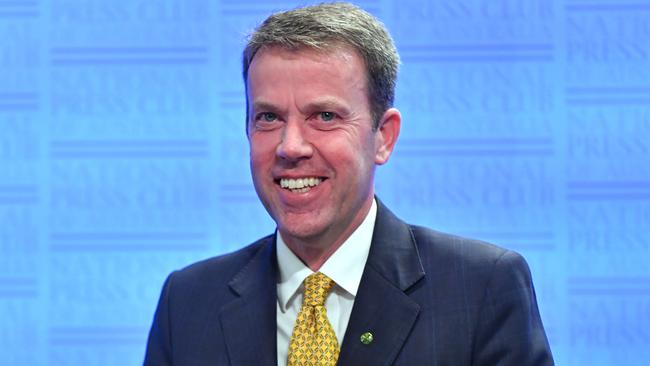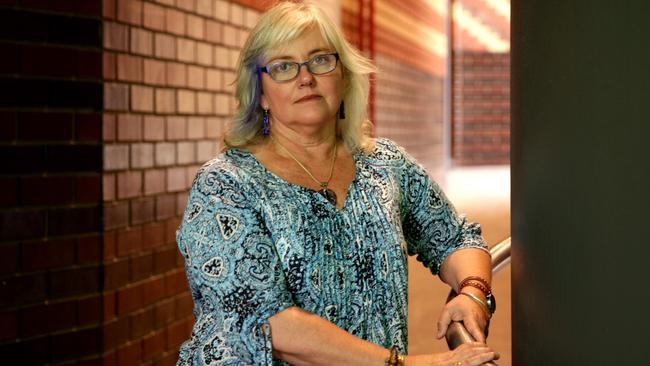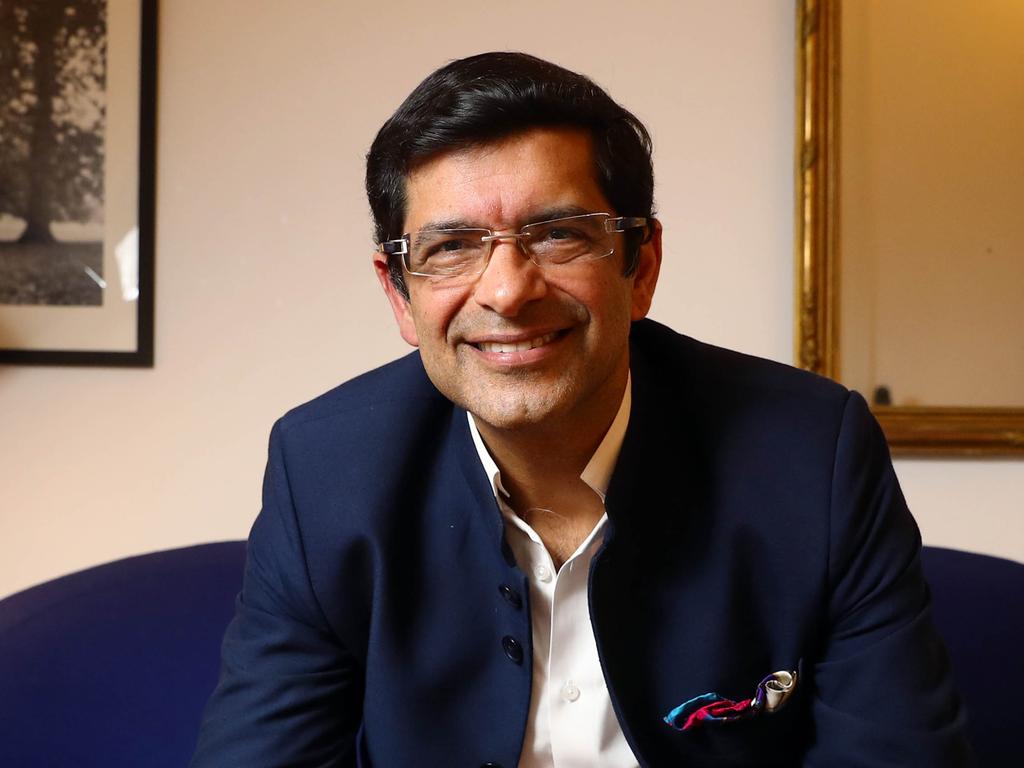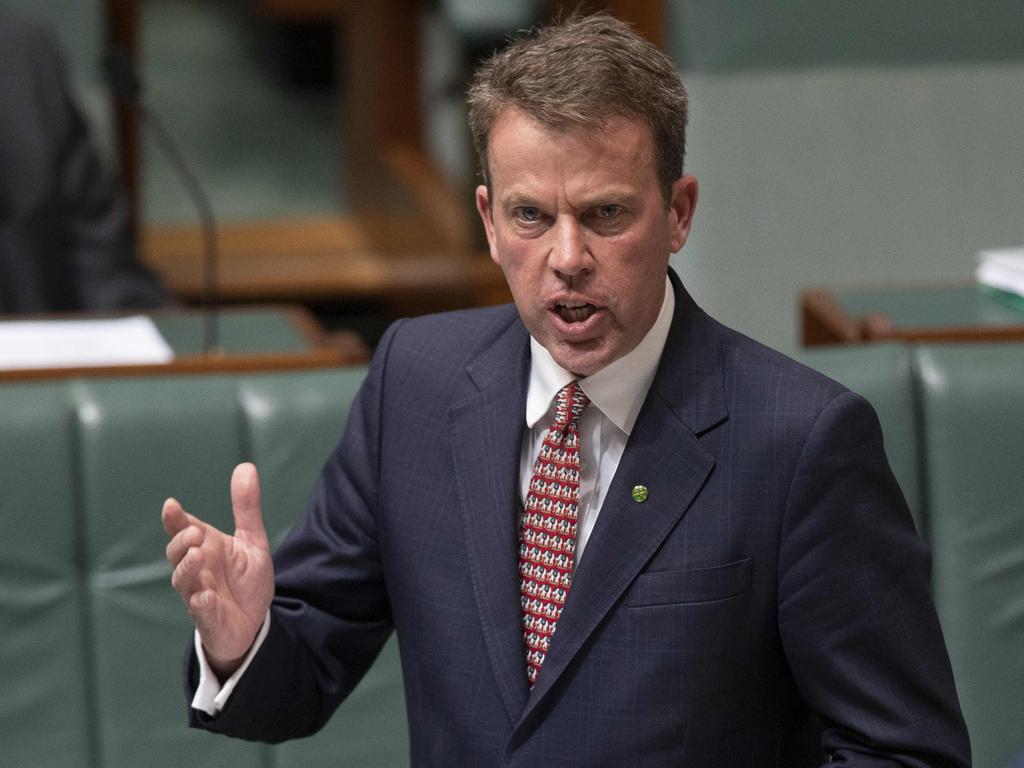
The idea seemed simple enough. As Tehan told the NPC: “What we’re trying to do is encourage and incentivise students to go in those areas where we know the skills will be”. Fair enough, he wants people, ideally, to study in areas where he believes the jobs of the future will be. Areas where Australia needs more educated professionals. And he wants to incentivise potential students to pick those subjects.
Assuming Tehan gets those choices right (a big assumption) there is virtue in that goal.
But does he seriously think jacking up the fees in many of those very subject areas he wants people to choose to study in is more likely to attract or deter students? Obviously it’s the latter.
“We know we need more clinical psychologists”, Tehan said at the NPC. “We know we need more people in allied health”, he further opined. Tehan even tried to put a rawness into his pleas for the community to accept his reforms by using the bushfires disaster over the summer to highlight the need for more people to study and work in these mentioned areas.
“One of the things that deeply concerned the government as a result of the bushfires was the fact that we didn’t have the clinical psychologists to go into – especially, regional and rural communities,” Tehan told his audience in Canberra.
But as both the President of The Australian Psychological Society, Ros Knight, and The National President of The Australian Association of Social Workers, Christine Craik told me, the reforms suggested are more likely to drive potential students away from their disciplines rather than towards them.

In short, Tehan’s policy does the exact opposite of what he wants it to do. In the opinion of the twin association presidents of the very disciplines he’s talking about.
It is psychologists and social workers who perform the very roles Tehan is talking about Australia needing in remote and regional communities. Social workers are allied health professionals, according to Craik. And when there aren’t enough psychologists to go around, they often fill the breach, in addition to their other important work, especially in the regions.
But Tehan’s reforms will put up fees for anyone thinking about studying psychology or social work by more than $30,000 each. That is a deterrent if ever I have seen one, especially for social work studies, given the salaries in that field have never been high.
It is almost like Tehan doesn’t understand the logical reality of cause and effect.
These are but two areas of study where Tehan’s policy change is likely to have the reverse effect to that intended. Another is in the area of accountancy, which will also see fees rise, and is also classified as an area of professional practice where Australia has a skills shortage, according to the government’s own records.
That’s why all three of the above professions are included in the skilled migration program.
It is hard to escape the conclusion that the reforms announced must fall into one of three categories: Either they were formulated in a half-arse way with little thought, are ideologically driven to cause harm to the university sector no matter the consequences, or details claiming value in the changes are merely a cover for the actual goal of shifting more of the cost burden of studying at university to the individual instead of the state.
One would hope the Coalition party room and or the Cabinet fix the mess Tehan has announced before it ever gets drafted into bills to be put to the parliament. If, however, the government fails in its duty of care then it’s over to the senate to do its job as a check and balance on the government.
By voting down these absurdly badly crafted reforms which not only do more harm than good, they also run contrary to the very goals the minister outlined when presenting them for public consumption, the senate would once again highlight the value of our bicameral parliamentary system.
Peter van Onselen is a professor of politics and public policy at the University of Western Australia and Griffith University








The unintended consequences of the botched higher education reforms minister Dan Tehan spelt out at the National Press Club a few short weeks ago continue to reveal themselves.